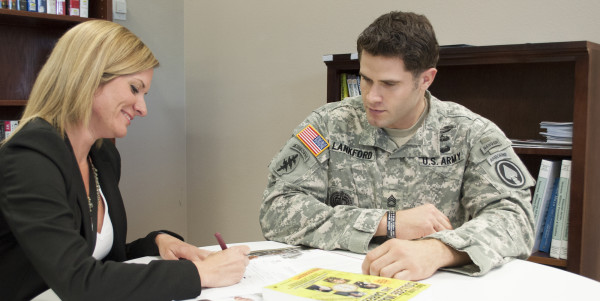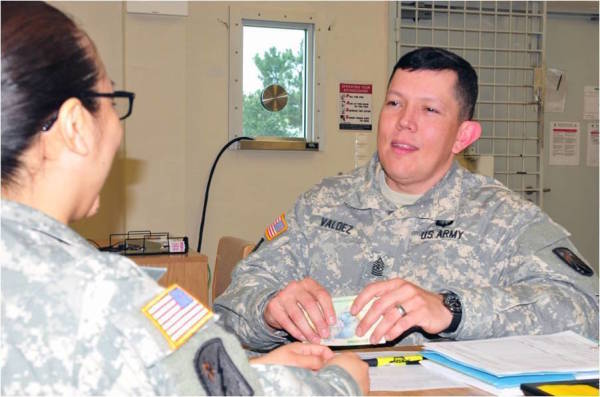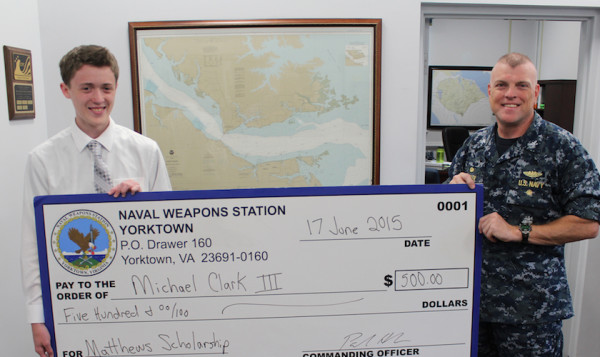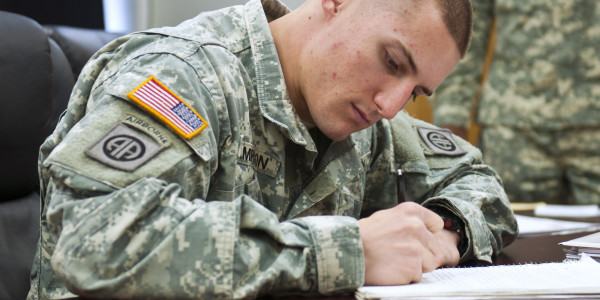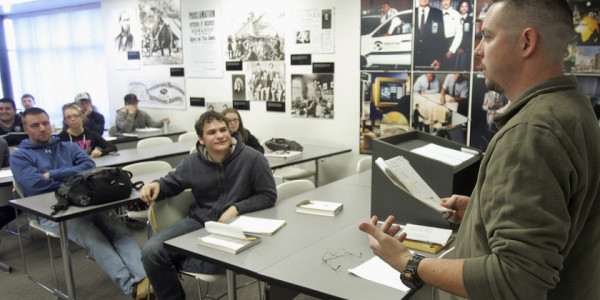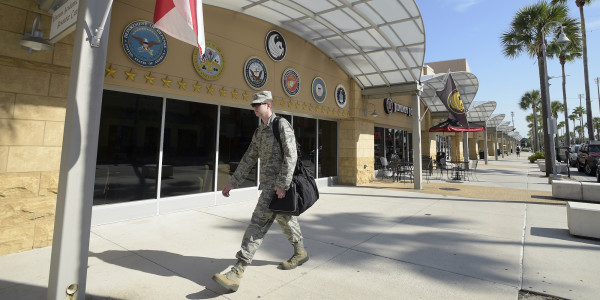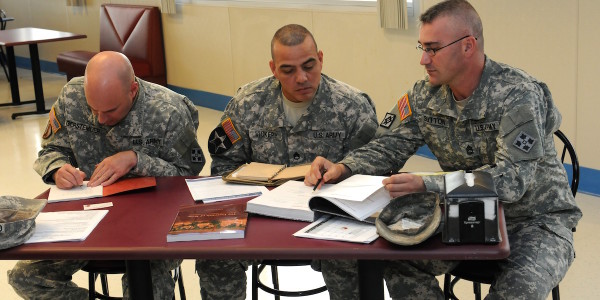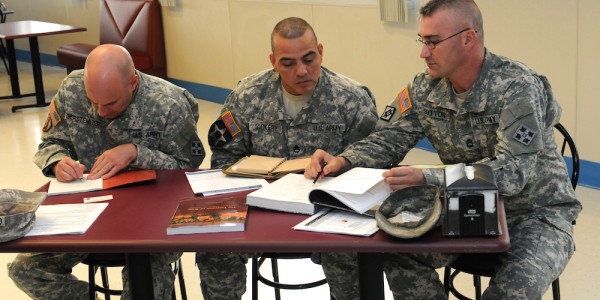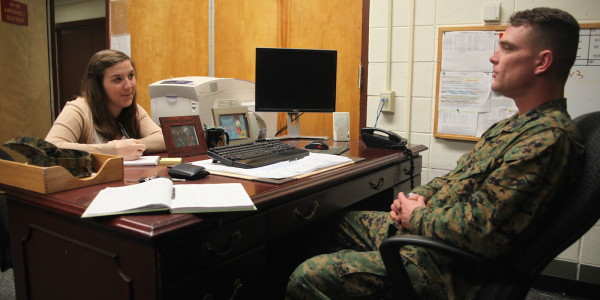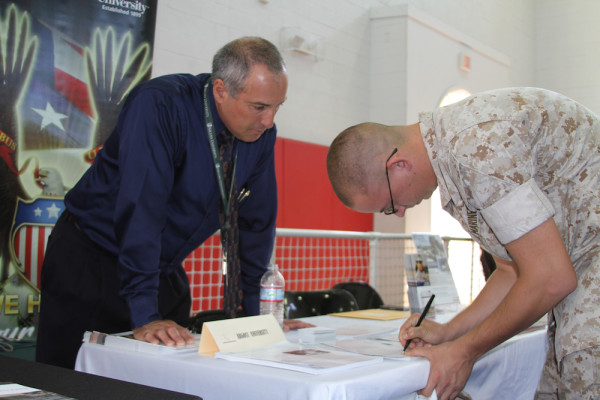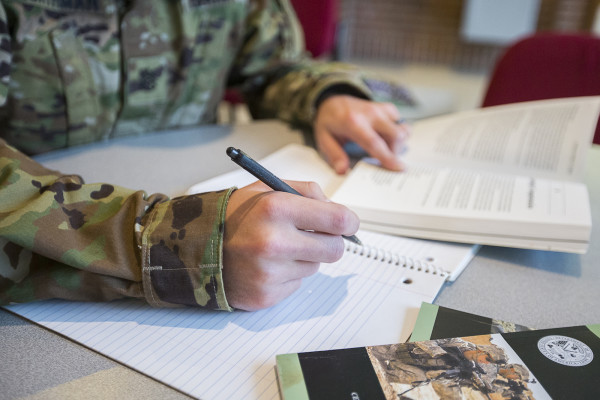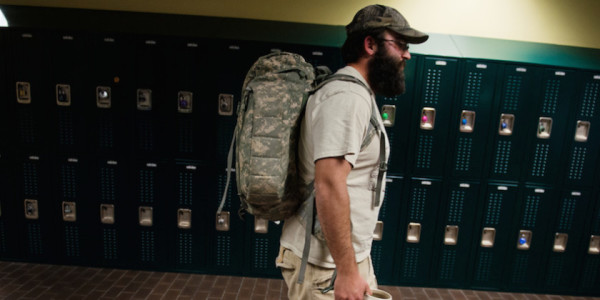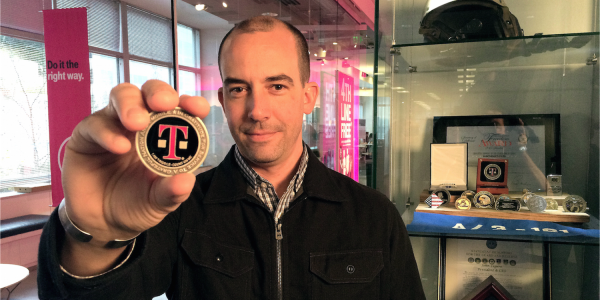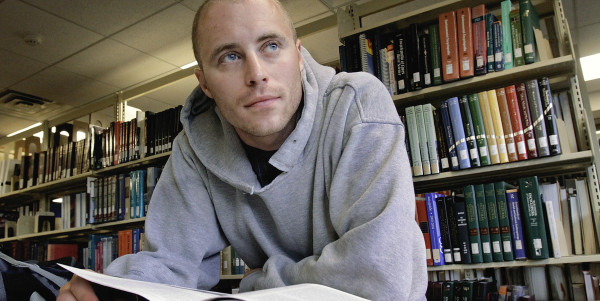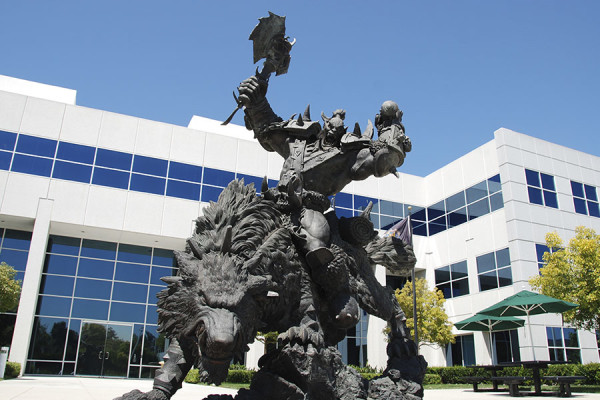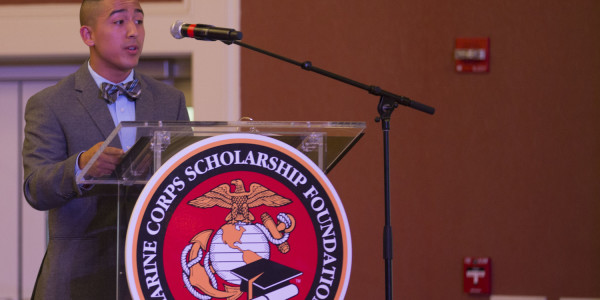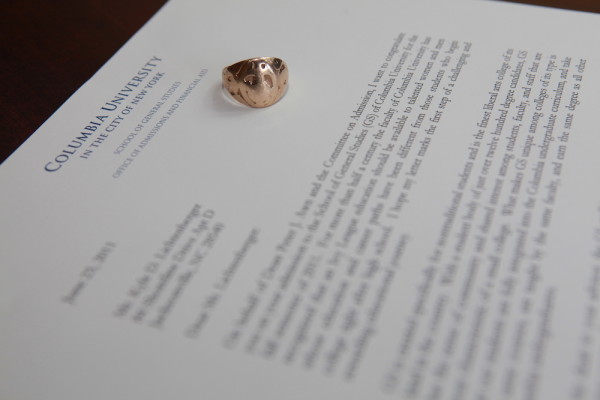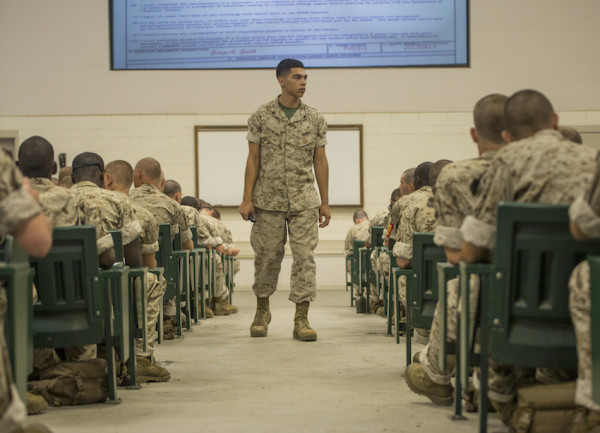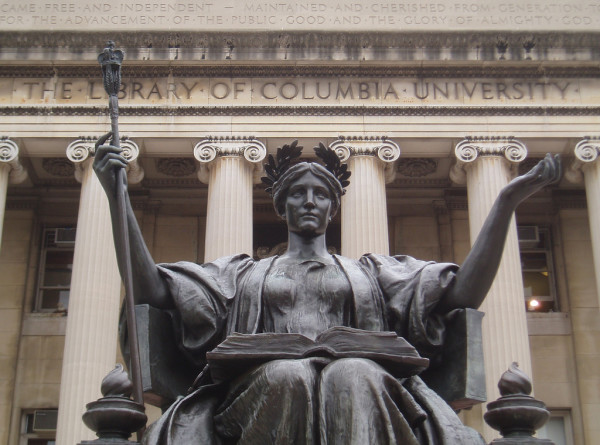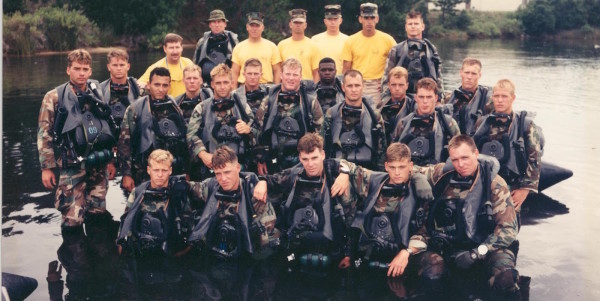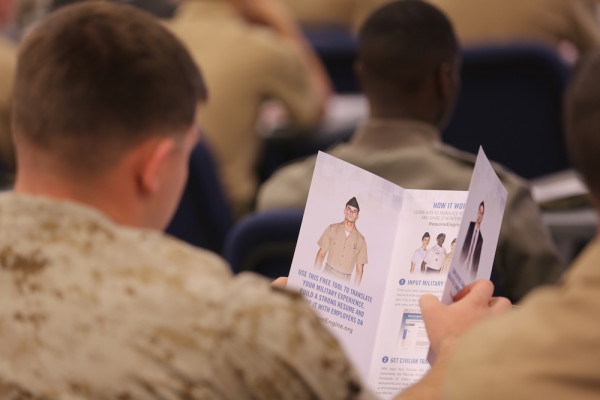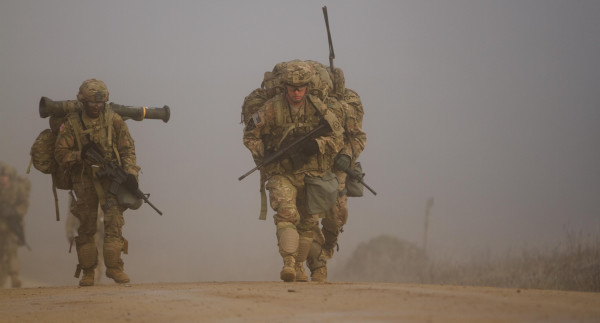The first crucial step of making the switch from the military to higher education is applying to college.
Task & Purpose sat down with three student veteran ambassadors with Service 2 School, an organization which helps transitioning service members applying to colleges and universities.
“I think one of the biggest assets veterans have is their narrative,” said Reagan Odhner, a Stanford student who served in the Marine Corps.
Most students applying to colleges are 17 or 18 and don’t have comparable backgrounds. Veterans on the other hand, have a wealth of experience to really draw from to illustrate their value.
Odhner said, “Vets typically have years of unique experience other applicants don’t possess. It gives us plenty of material from which we can show growth, passion and resilience.”
Related: Why an on-campus experience is more valuable than you think »
Before tackling the application, former special amphibious reconnaissance corpsman Anthony Bunkley, now a student at Columbia University, suggested that veterans take time to reflect about what they want to include in a narrative.
“The key is to understand your strengths,” Bunkley said.
Colleges generally look for students who are going to bring value to their programs.
“By showing that your experiences are unique and provide you a valuable perspective, that helps you stand out,” said Jared Smith, a Yale student who served with the 75th Ranger Battalion.
Make sure to research the institution to demonstrate how you embody the characteristics of its ideal student.
“Try to sit back … jot down notes, try to think about how you can apply in a college setting.”
In your veteran narrative, it’s important to consider how your skills, experiences, and future goals fit within the context of the college where you’re applying.
